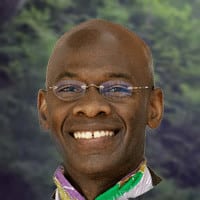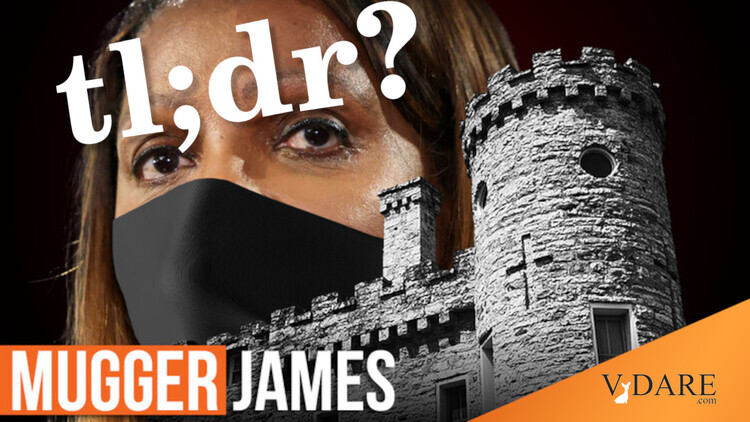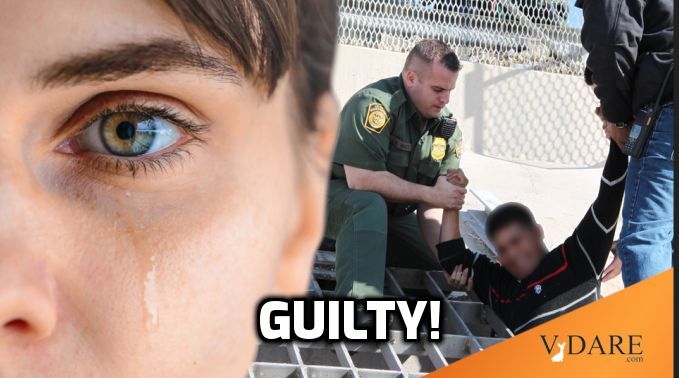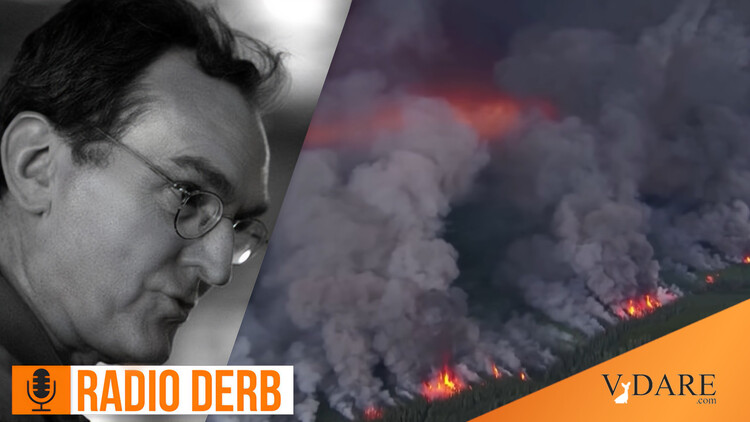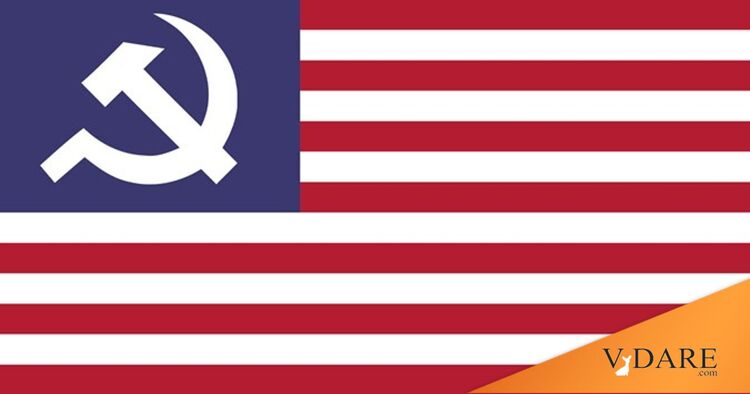From the Boston Globe:
A reckoning has emerged on American English, rife with words and phrases with racist origins or connotations
By Deanna Pan, Globe Staff,Updated August 6, 2020, 5:33 p.m.American English is riddled with words and phrases with racist origins or undertones. Since the killing of George Floyd by police in Minneapolis and the flurry of protests his and other Black Americans’ deaths have inspired, a growing number of public and private institutions are reevaluating their reliance on language with racist connotations or history. …
“Cakewalk”
“sold down the river,”
“master and slave,”
“grandfathering”
In Rhode Island, Governor Gina M. Raimondo signed an executive order this summer to drop “Providence Plantations” from the state’s official name — Rhode Island and Providence Plantations — in state documents, agency websites, and employee pay stubs because of its associations with slavery.
Elsewhere, realtors are reconsidering “master bedroom” and “master bathroom” in housing listings.
“People have always been aware of the power of language to discriminate, to dominate, but also to liberate,” said Michel DeGraff [Email him], a self-described “activist linguist” and professor at MIT. “I think it can only make for a better world if we become aware of the way that language has an impact on our society.”
Even seemingly innocuous words and phrases, used without malice, can offend or exclude, DeGraff said. He recalled an incident three years ago at MIT’s faculty lunch room in which he overheard another faculty member using the word “voodoo” while speaking about a complicated mathematical equation.
“For him, it was not racialized and I cannot say he was being racist by using that term, but by using the term . . . he has the power to make others like myself feel unwelcome and uncomfortable. Literally, I could not swallow my food,” DeGraff said. “It had an impact on me.”
Perhaps the next step will be to ban words that have an impact on blacks, such as “noose” and “cotton.”


